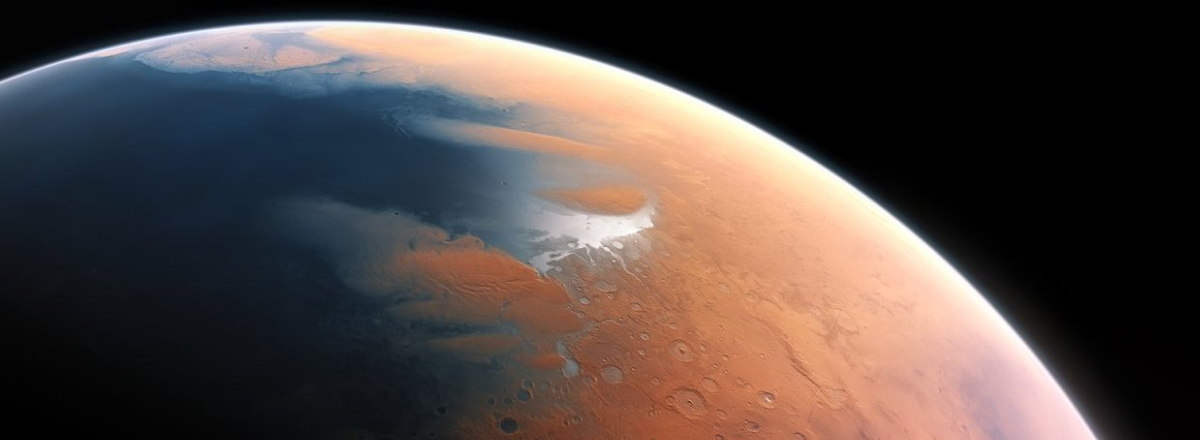NASA Scientists Discover Massive Underground Water Reservoirs on Mars
The findings suggest that while the surface of Mars remains a barren desert, much of the water that once flowed in rivers and lakes millions of years ago has seeped into the planet's crust, where it has been preserved.

Scientists have uncovered vast reservoirs of liquid water deep beneath the surface of Mars, marking a breakthrough in our understanding of the planet's geology and potential for life. The discovery was made using seismic data collected by NASA's InSight lander, which operated on the Martian surface from 2018 to 2022.
The data suggests that large volumes of liquid water are trapped within fractured igneous rocks located between 11.5 and 20 kilometers (7 to 12 miles) below Mars' surface. This subterranean reservoir contains enough water to cover the planet with a layer more than 1.5 kilometers (1 mile) deep. Previous observations had only identified water in the form of ice at Mars' polar caps or as vapor in its atmosphere.
Scientists used seismic waves from marsquakes to analyze the planet's crust, similar to methods used on Earth to locate underground water and oil. The findings suggest that while the surface of Mars remains a barren desert, much of the water that once flowed in rivers and lakes millions of years ago has seeped into the planet's crust, where it has been preserved.
Despite the exciting discovery, accessing this water will be a significant challenge. Drilling to such extreme depths will require advanced technology beyond current capabilities.
This discovery not only reshapes our understanding of Mars' geological history but also reignites the possibility of life existing in these underground water reservoirs. If life can thrive in Earth's deep underground aquifers, scientists believe similar conditions on Mars could support microbial life. However, further exploration and technology advancements are needed to investigate these possibilities.

